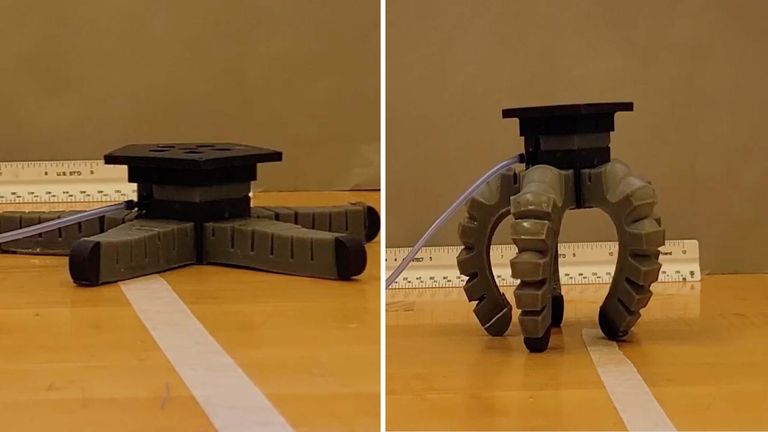As many as 1 in 5 dementia cases may be associated with vision impairment, new research suggests. These findings may open new avenues for dementia prevention through targeting vision impairment.
More than 5 million Americans over 65 live with dementia, according to 2014 data from the U.S. Centers for Disease Control and Prevention. Dementia comes in different forms—the most common form is Alzheimer's disease—and is characterized by an impaired ability to remember, think and make decisions.
Exactly what causes dementia isn't entirely clear, but a range of genetic and environmental risk factors have been associated with the condition.
In the past, hearing loss has been associated with cognitive decline and an increased risk of dementia. However, the associations between dementia and vision loss—which affects roughly a third of older adults—have been less well studied.
In a new study, published in the journal JAMA Opthalmology, researchers from Johns Hopkins University analyzed data from 2,767 American adults aged 71 or over. The data collected in 2021 and consisted of a nationally representative cohort.
Participants underwent cognitive examinations as well as testing for three categories of visual impairment: near acuity, or how well you can see objects close up; distance acuity, or how well you can see objects in the distance; and contrast sensitivity, the ability to perceive sharp and clear outlines of small objects.
In total, the researchers estimated that 19 percent of all dementia cases could be attributable to at least one type of visual impairment, with poor contrast sensitivity showing the strongest association.
"The results from this cross-sectional study suggest that nearly 1 in 5 prevalent dementia cases in community-dwelling US adults aged 71 years or older could have at maximum been avoided if vision impairment had been eliminated," the researchers write. "Overall, these data support the inclusion of sensory impairments as potentially modifiable risk factors for dementia prevention strategies."
According to the researchers, up to 90 percent of vision impairments are preventable or correctable.
Of course, these findings are based on associations so we cannot prove that visual impairment causes dementia. Even so, this strong correlation supports the inclusion of vision loss in dementia prevention strategies.
"Although the study is limited by its cross-sectional design and small sample size, the findings provide unique value regarding the burden of dementia associated with vision impairment," Mingguang He and Xianwen Shang, two experts in ophthalmology at The Hong Kong Polytechnic University in China who were not involved in the research, said in a commentary published alongside the study. "Vision impairment deserves scrutiny as an intervention priority for the prevention of dementia in older adults."
Is there a health issue that's worrying you? Do you have a question about dementia? Let us know via health@newsweek.com. We can ask experts for advice, and your story could be featured on Newsweek.
References
Smith, J. R., Huang, A. R., Zhou, Y., Varadaraj, V., Swenor, B. K., Whitson, H. E., Reed, N. S., Deal, J. A., & Ehrlich, J. R. (2024). Vision Impairment and the Population Attributable Fraction of Dementia in Older Adults. JAMA Ophthalmology, 142(8). https://dx.doi.org/10.1001/jamaophthalmol.2024.3131
Disclaimer: The copyright of this article belongs to the original author. Reposting this article is solely for the purpose of information dissemination and does not constitute any investment advice. If there is any infringement, please contact us immediately. We will make corrections or deletions as necessary. Thank you.



